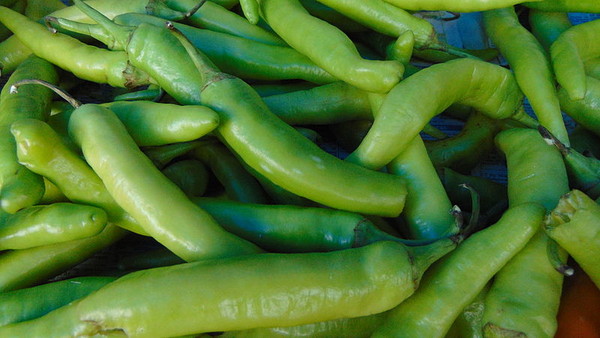Consumption of spicy foods on a regular basis can reduce the potential for death from cancer, ischemic heart conditions, and respiratory system diseases by as much as 14 percent. Women tend to benefit slightly more than men and the more frequent consumption of spicy foods improve the potential to avoid disease.
Fresh and dried chili peppers were the most commonly used spices. The capsaicin, vitamin C, and other nutrients contained in fresh chili peppers are thought to be the cause of the protection from disease. No definite cause for the health benefits of chili pepper or any other spice has been found but people that ate spicy food three to five and six or seven days a week had a 14 percent reduced risk of death from all causes. People that ate spicy food one or two days a week were at a 10 percent reduced risk of death.
The pool of 487,375 participants in the study was taken from the China Kadoorie Biobank. The study began in 2004 and in 2008. Each participant was evaluated 7.2 years later. Consumption of spicy foods, alcohol intake, red meat intake, age, marital status, level of education, and physical activity were accounted for at the beginning of the study and periodically during the study. People that had a history of cancer, heart disease, and stroke were excluded from the study.















